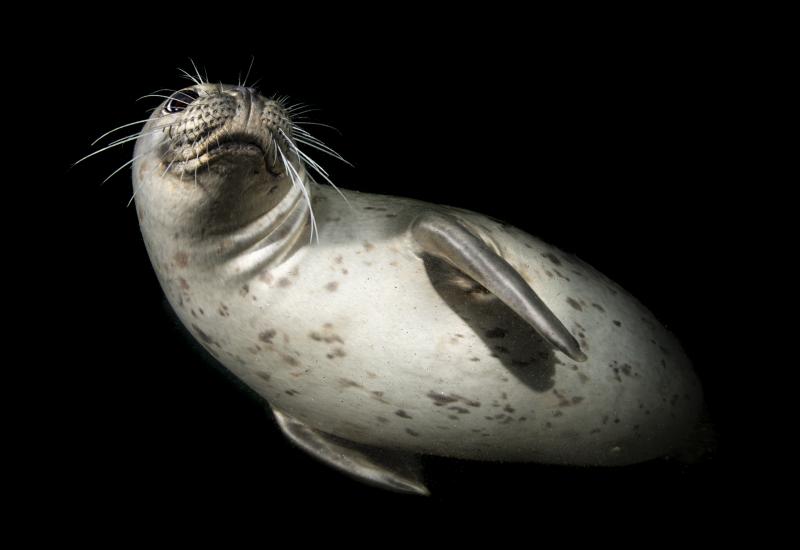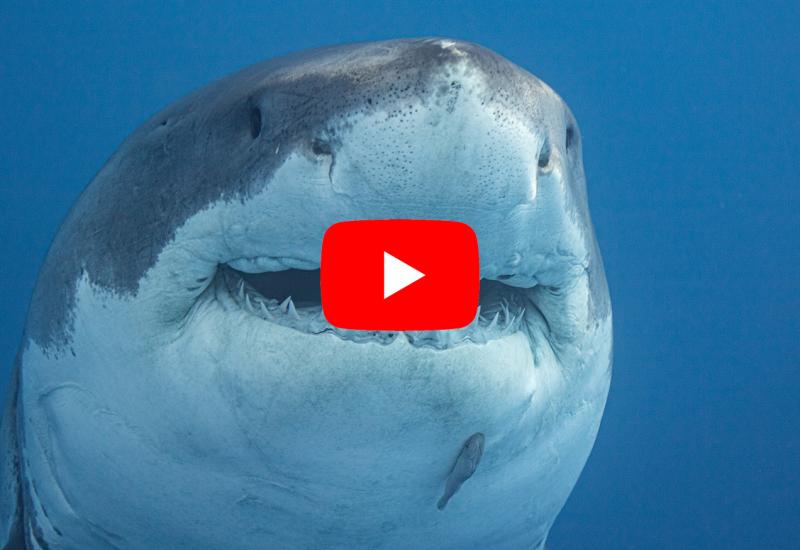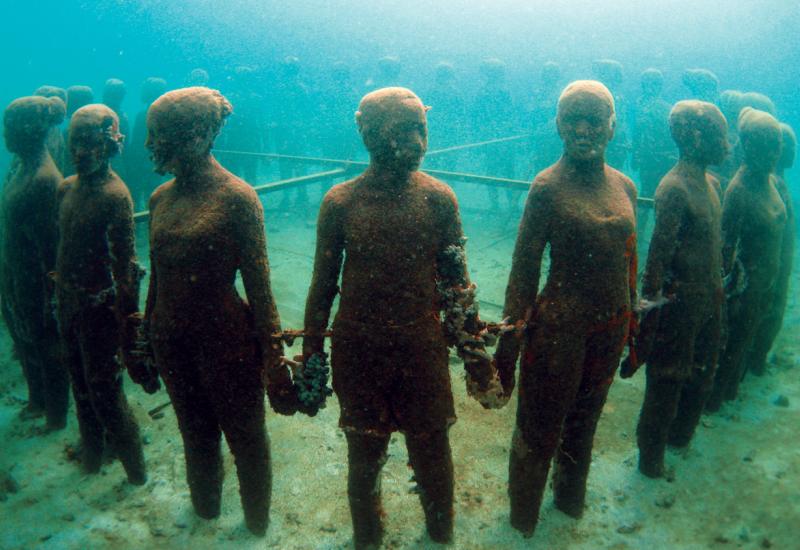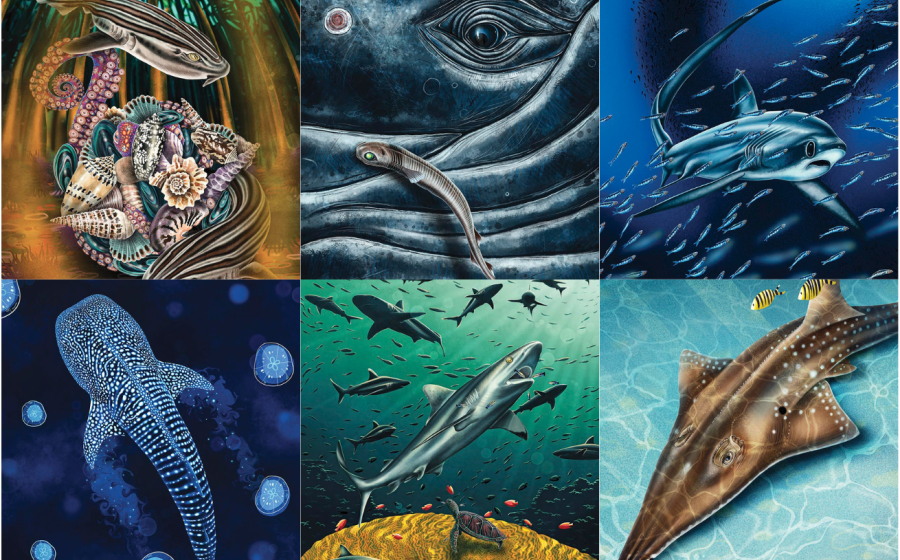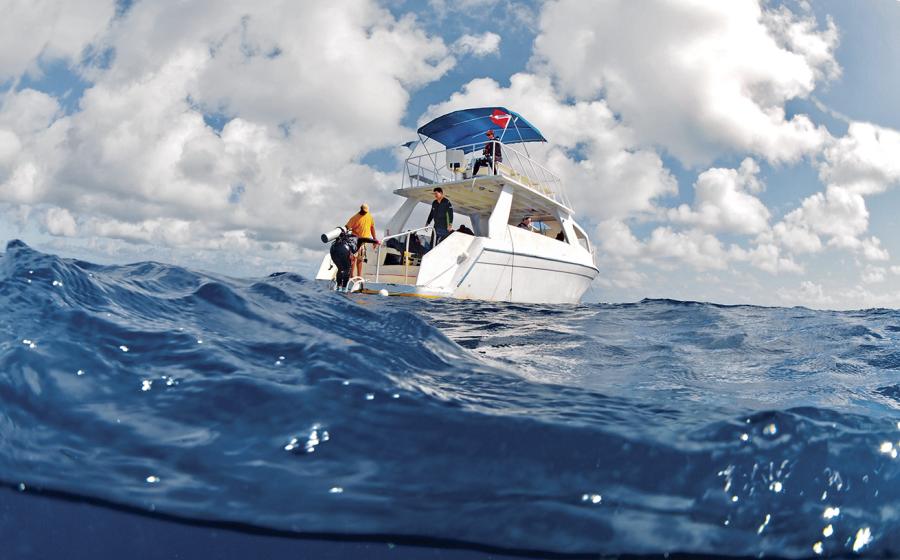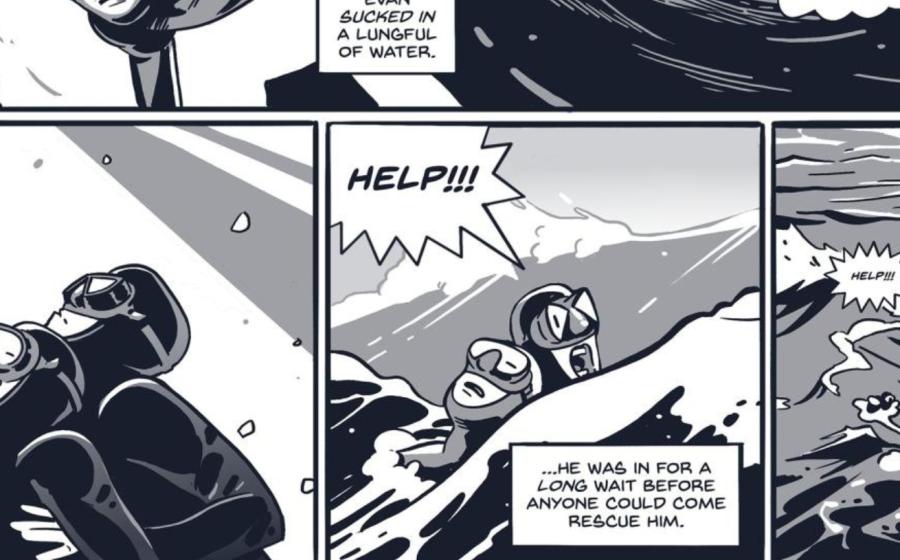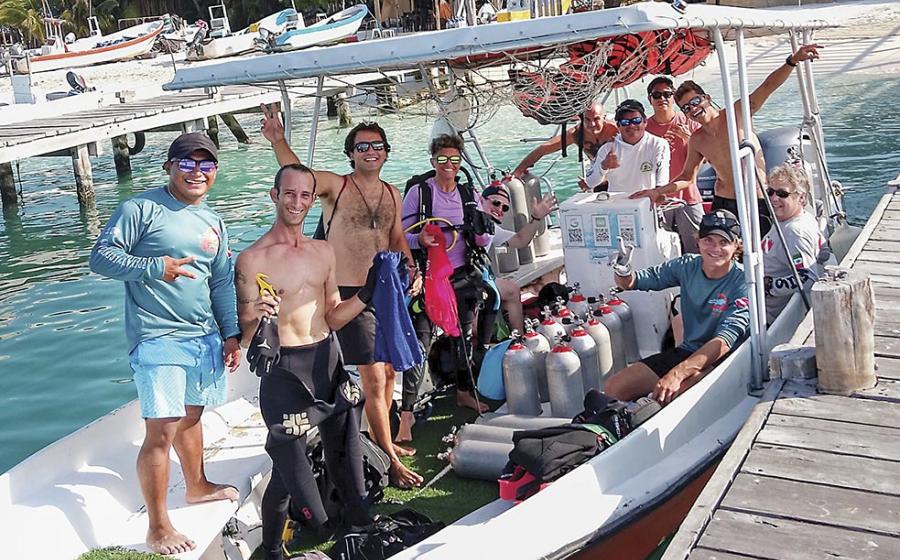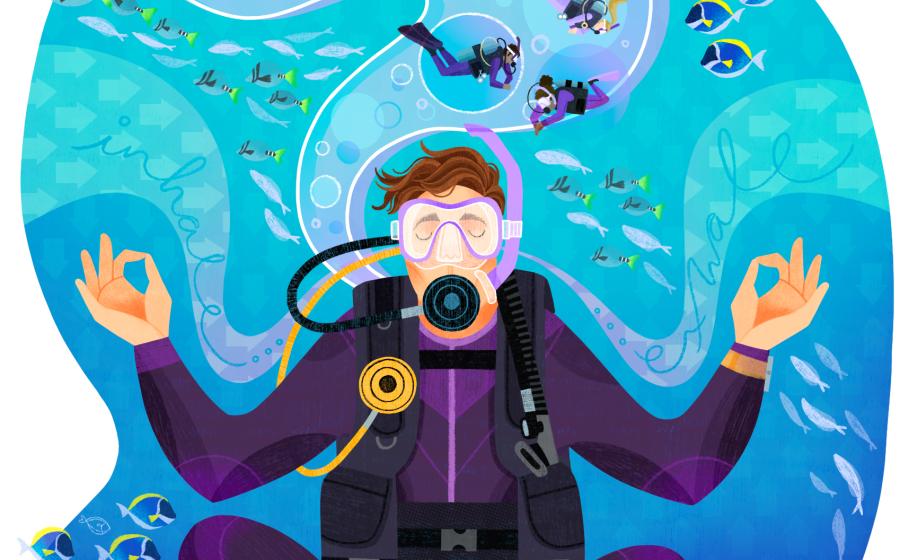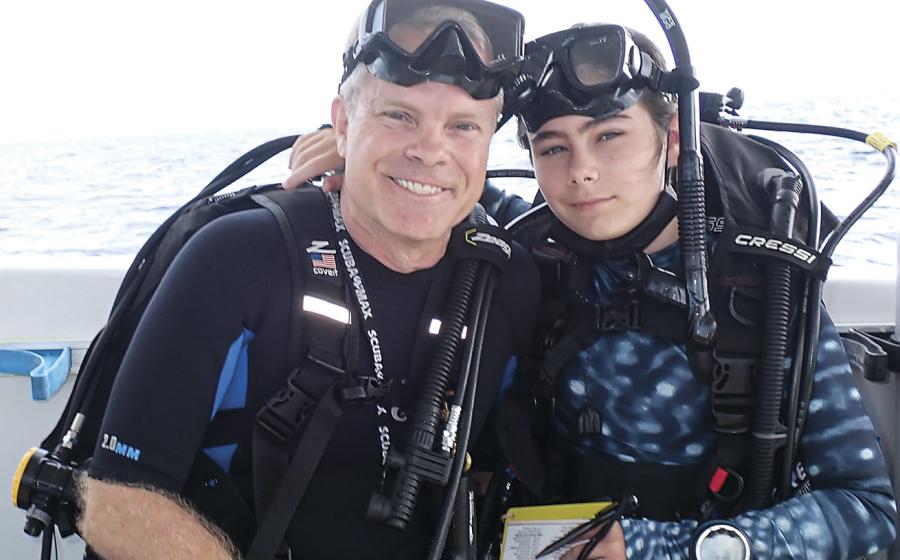Hundreds of Leopard Sharks Dying in San Francisco Bay
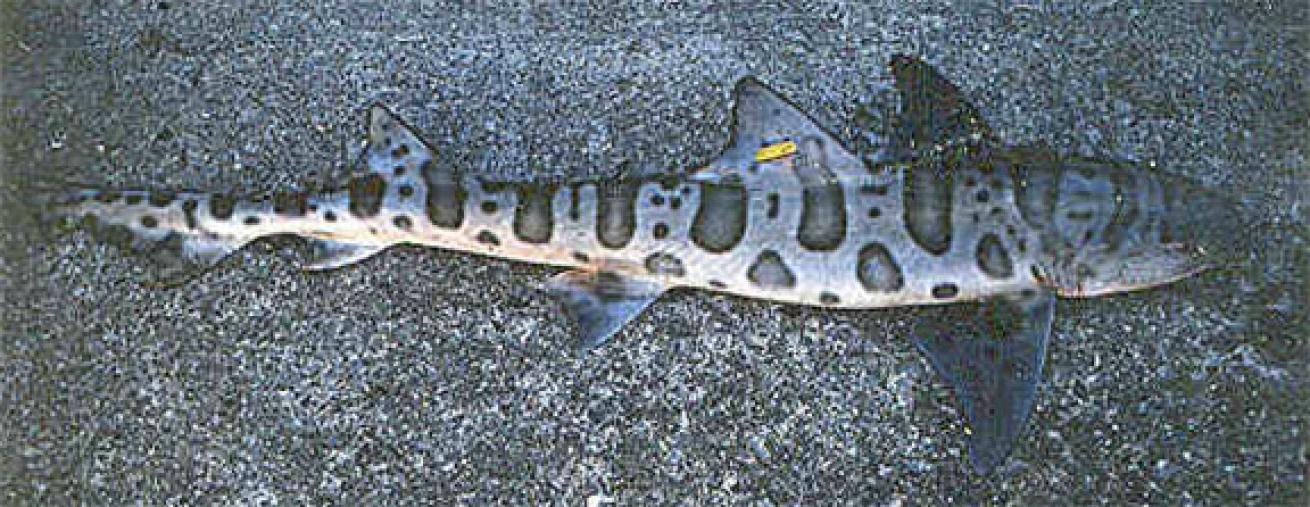
Courtesy NOAAResearchers say that huge numbers of dead leopard sharks have been found since mid-March.
Numerous news outlets are reporting that hundreds, and perhaps thousands, of leopard sharks (Triakis semifasciata) have died in California's San Francisco Bay over the past several days. It’s being called the largest mortality event for leopard sharks in the last six years. In 2011, more than 1,000 dead sharks were counted inside and outside the Redwood Shores Lagoon and along Richardson Bay, in Marin County. The leopard shark is the most common species of shark in San Franciso Bay.
According to NOAA’s Southwest Fisheries Science Center, leopard sharks are commonly found in shallow water. They prefer muddy bays and sloughs, especially in northern California. They come into shallow water to give birth to live young. Females can produce from seven to 36 offspring. The sharks are especially vulnerable now as it is their breeding season.
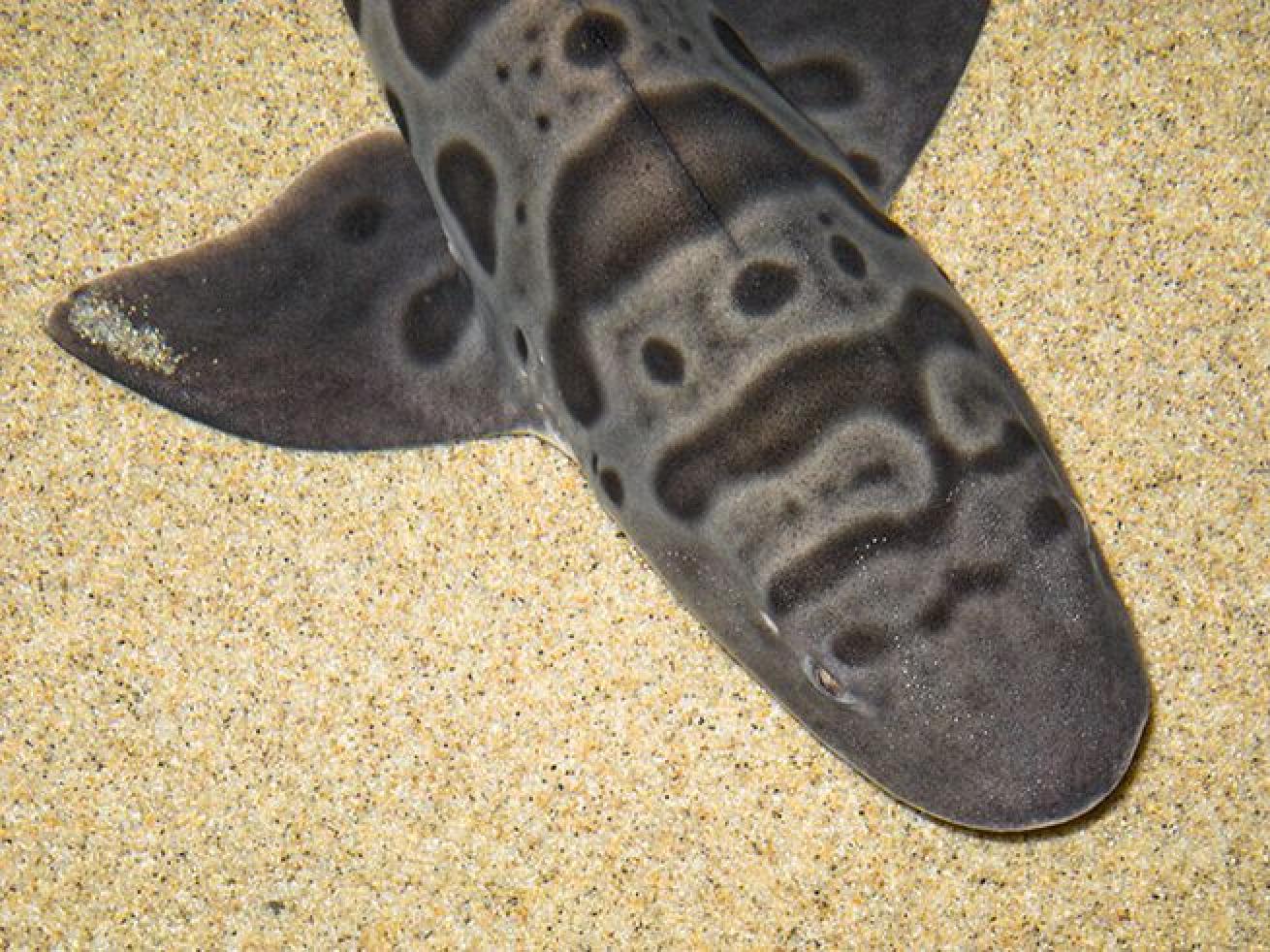
iStockAn active species that swims with a strong undulating motion, leopard sharks can be found resting on sandy bottoms. Before their deaths in San Francisco Bay, the animals were observed swimming erratically.
Necropsies have been performed on a few of the sharks, and some of them showed signs of inflammation in the brain that could have been caused by a viral and fungal infection. The inflammation would explain the sharks' odd behavior — many were spotted swimming erratically just before dying — and the sudden mass die-off.
One theory that local fish and wildlife officials are exploring is that when a large plume of fungi develops in a restricted water body, such as a lagoon or salt water marsh, the leopard sharks in the area would be subjected to a lethal exposure to the fungi. Some researchers have theorized that a system of lagoons that are used as flood control in South Bay near Redwood City and Foster City could be a source of toxic fungi.
LOVE DIVING WITH SHARKS? SO DO WE. DISCOVER OUR PICKS FOR THE WORLD'S BEST SHARK DIVES.

